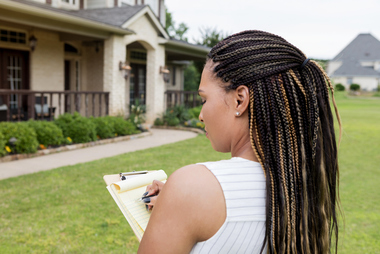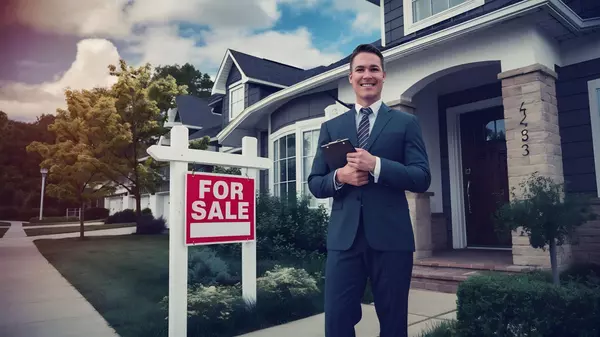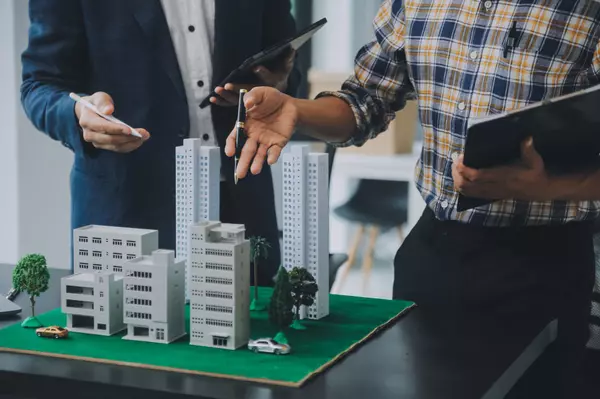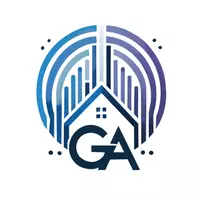Appraisals and Inspections: Know the Full Story
Before you close on the purchase of your new home, your lender will order an appraisal of the property you are buying.
What happens during the appraisal process
During this process, an appraiser tours both the home's interior and exterior. The appraiser will take photos and inspect the property. They will review public records; check the square footage of the home; verify the number of bedrooms and bathrooms; and record other features of the home, including the size and age of things such as kitchens, bathrooms, decks, patios and flooring.
The appraiser will also consider the home's features and location and compare the home with similar properties located nearby. Appraisers will add value for features the home has, such as fireplaces, sunrooms and an extra-large garage, as compared with nearby homes. They will deduct value if the home doesn't have as many bedrooms or bathrooms as similar properties or lacks recent upgrades compared with nearby homes that have sold.
 Taking into account the recent sales of similar homes in the neighborhood and how this home compares, the appraiser will determine the home's current market value.
Taking into account the recent sales of similar homes in the neighborhood and how this home compares, the appraiser will determine the home's current market value.
This is important: Your home purchase could be scuttled if the appraiser determines that the home's market value is lower than the sales price upon which you and the seller agreed.
For example, if the appraiser determines that the home you want to buy is worth $300,000 but you and the seller agreed upon a sales price of $325,000. To keep the sale alive, you'd either have to pay the remaining $25,000 in cash at the closing table, or the seller would have to agree to lower the sales price by that same amount.
As the homebuyer, you are responsible for paying for this appraisal. The cost of an appraisal varies, but you can expect to pay several hundred dollars.
The home inspection is key too
During a home inspection, an inspector tours the home you want to buy, inspecting the home's systems and features, looking for possible problems. It is a good idea to accompany the home inspector during their visit to learn more about the home you are about to purchase. If you cannot attend the inspection, find a friend or family member who is available to give you the information you need.
A licensed home inspector will check most systems of the home and report on their condition and whether they are working properly. A general home inspection may not uncover everything that is wrong with the home. For example, home inspectors are not required to go on the roof but may inspect it from the ground or from inside an attic. You may wish to order specialty inspections for specific issues such as, but not limited to, termites, structure, mold, septic and well.
If the inspector finds serious repair or safety problems, you can ask the home seller to fix them before you complete the sale. You might also ask the seller for a credit to be applied at closing that you can use to pay for the repairs yourself. You can also negotiate for a reduction in the home's sales price.
If the problems are serious enough, you might be able to walk away from the home sale without losing any of the earnest money that you've already deposited.
You are also responsible for paying for the home inspection. Costs will vary depending on your home's age, size and location. But you can expect to pay several hundred dollars for a home inspection. It is money well spent that can save you from purchasing the wrong home.
Categories
Recent Posts











